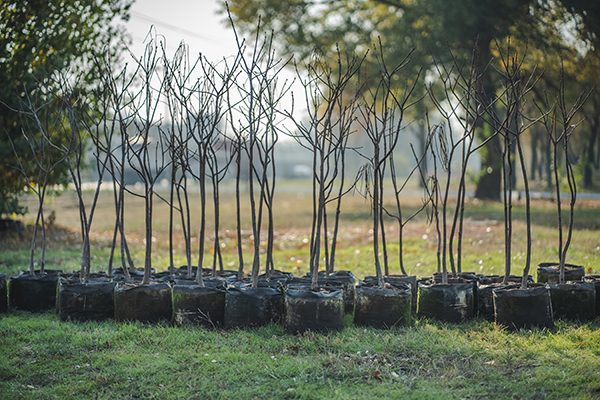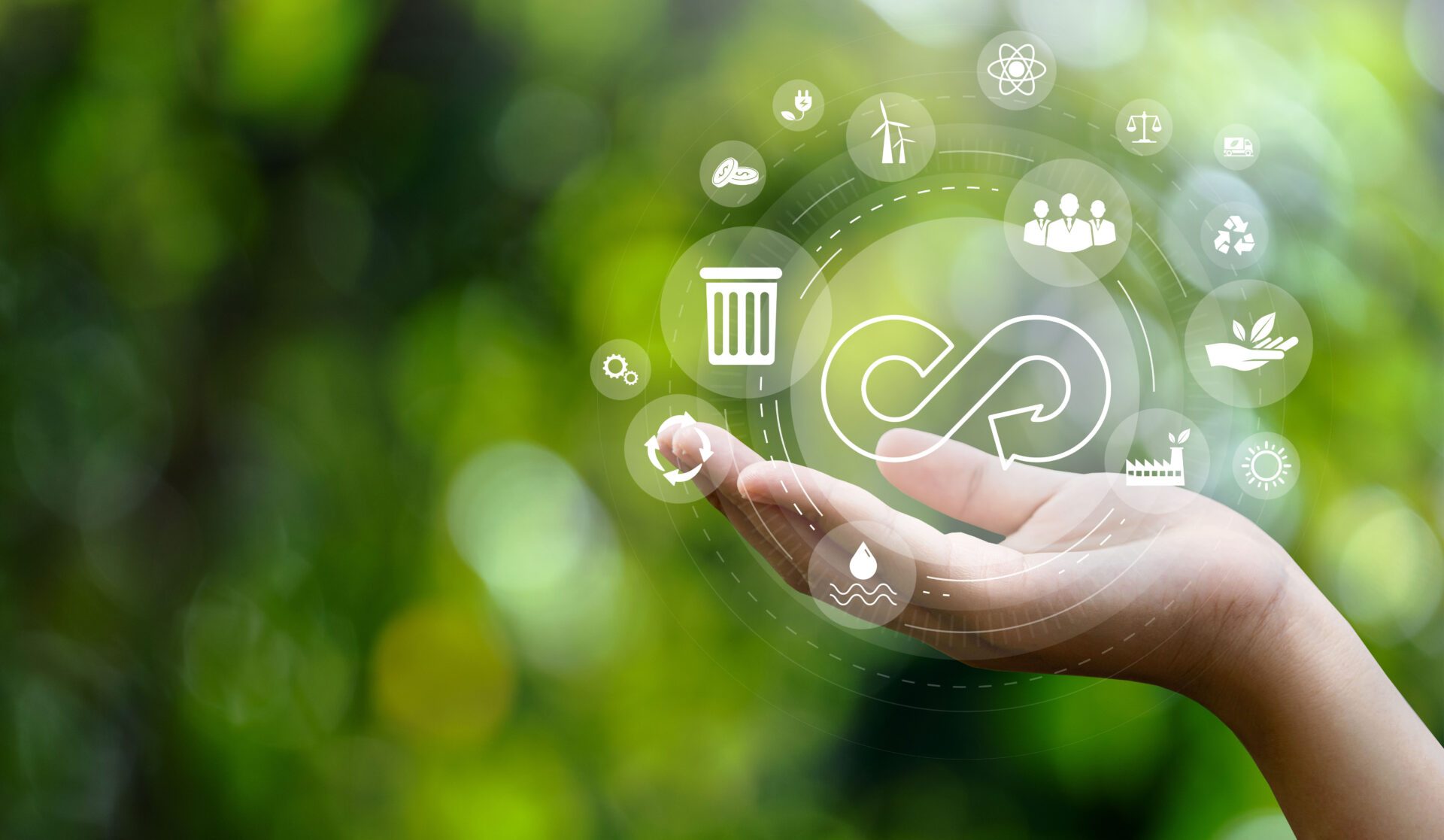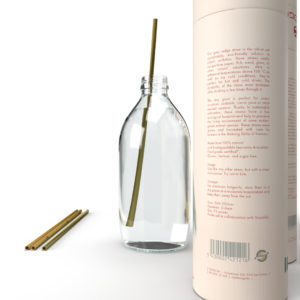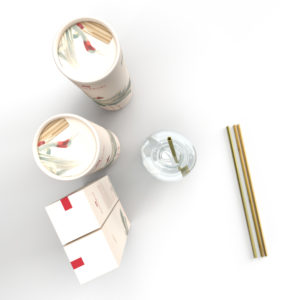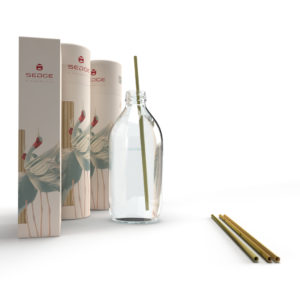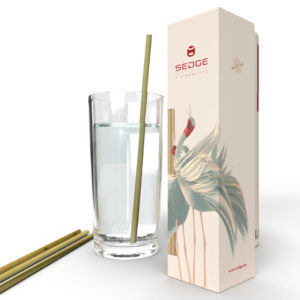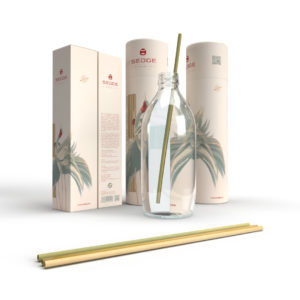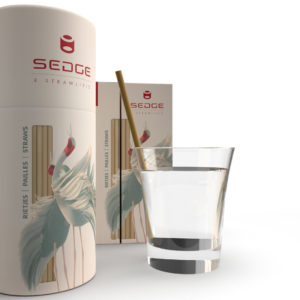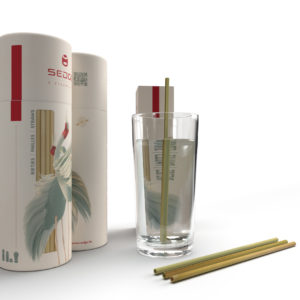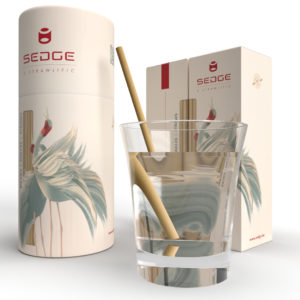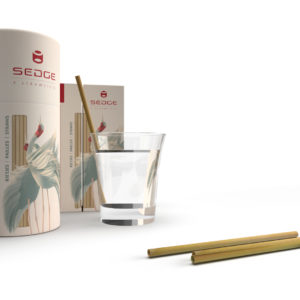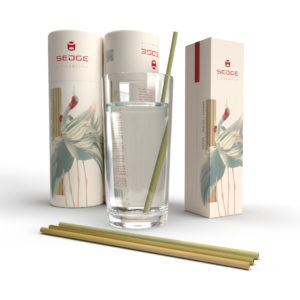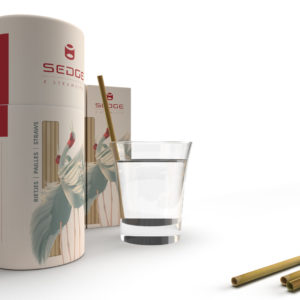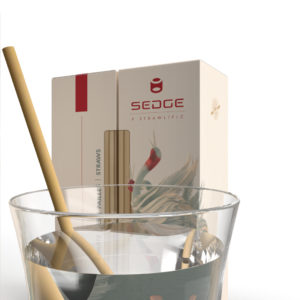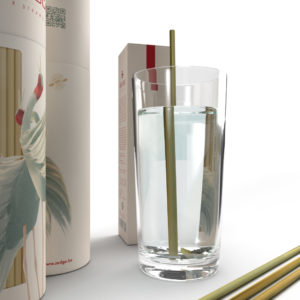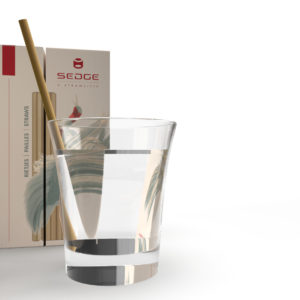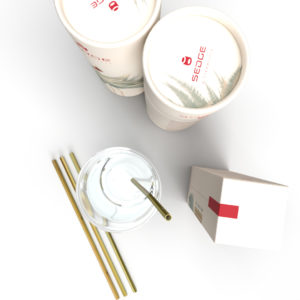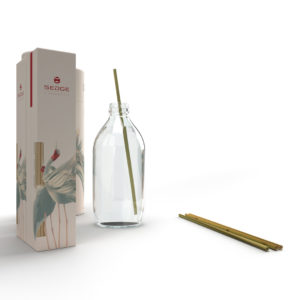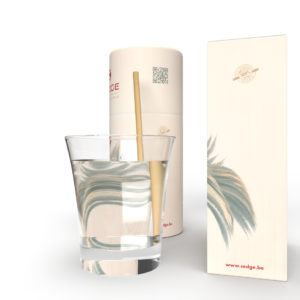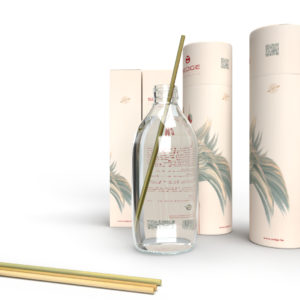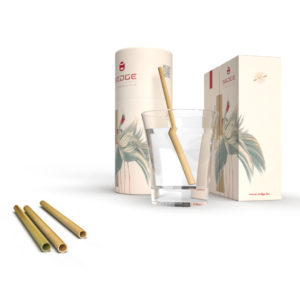What’s happening
The Circular Economy
We currently live in a linear economy, where we take resources from the earth to make products that we use for a short time before disposing of them. This system is not sustainable in the long run, and it takes a toll on the environment. The good news is that there is an alternative: the circular economy.
In a circular economy, products are made to be reused or recycled when they are no longer needed. This reduces waste and helps to preserve resources. It is a more sustainable way of doing business, and it has the potential to create jobs and boost economic growth.
The concept of the circular economy is not new, but it is gaining traction in recent years as more and more businesses and governments are looking for ways to be more sustainable. In this blog post, we will take a look at what the circular economy is, how it works, and why it is important.
What Is the Circular Economy?
The term “circular economy” was first coined by German industrial designer Walter Rauch in 1972. The concept gained popularity in the 1980s with the publication of several books on the topic, including “Closing the Material Cycle” by Austrian ecologist Hans Breiter.
The circular economy is based on the principle of “the 4Rs”: Reduce, Reuse, Recycle, and Recover.
In a linear economy, resources are used to make products that are used for a short period of time before being disposed of as waste. In a circular economy, products are made to last longer and be reused or recycled when they are no longer needed.
There are many benefits to moving to a circular economy. For one thing, it would help to reduce waste and preserve resources. It would also create jobs and boost economic growth. In addition, it would have a positive impact on the environment by reducing greenhouse gas emissions and other pollution.
How Does the Circular Economy Work?
There are three key elements to the circular economy: product design, business model innovation, and Closing the Loop.
- Product design involves redesigning products so that they can be reused or recycled. For example, phones could be designed so that their batteries can be replaced instead of being thrown away when they die.
- Business model innovation involves redesigning business models to allow for reuse and recycling. For example, instead of selling products outright, businesses could lease them or offer repair services.
- Closing the Loop involves taking steps to ensure that materials are properly recycled so that they can be used again as resources for new products (this is also known as “cradle-to-cradle” manufacturing).
Why Is It Important?
As our population continues to grow and consume more resources, it is becoming increasingly important to find ways to do business in a more sustainable way. The linear economy is not sustainable in the long run; we cannot keep taking from the earth without eventually running out of resources. In addition, this system takes a toll on the environment, causing pollution and greenhouse gas emissions.
Moving to a circular economy would help to reduce waste and preserve resources while also having a positive impact on the environment.
Conclusion:
The circular economy is a more sustainable alternative to our current linear economy. It has many benefits, including reducing waste, preserving resources, reducing pollution, creating jobs and boosting economic growth. As our population continues to grow and consume more resources, it is becoming increasingly important to adopt this approach to doing business.
Sedge is proud to play a role in this sustainable circular economy by being completely biodegradable and compostable. Once our 100% natural, high-quality eco-straws are fully composted, they can be used as a raw material to help grow new plants or crops, hereby closing the ecological loop and restarting the cycle.

